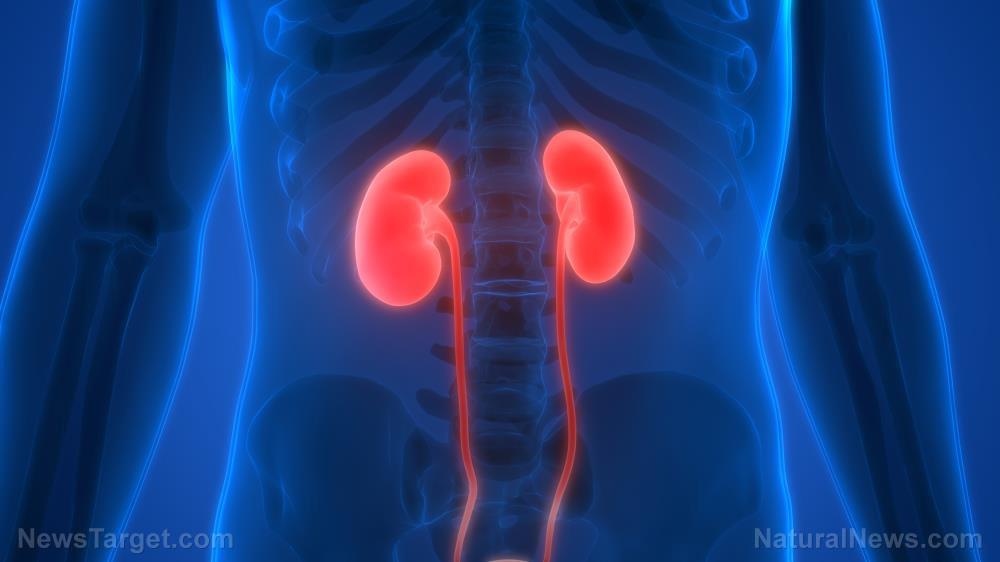People who lack DHA are more prone to anger and hostility, studies show
01/13/2019 / By Ralph Flores

If you find yourself in a crabby mood most of the time, it could be your body’s way of telling you that you’re not getting enough of a specific nutrient. According to research, people who do not consume enough of the omega-3 fatty acid called DHA are prone to various risk factors — including anger and hostility.
The study looked at how DHA can affect a person’s aggressive tendencies during a high-stress period. The team involved medical students and conducted the trial during their final exams. The students received either a placebo or a fish oil supplement with DHA. They found that those who took the placebo had increased levels of aggression, while those who took the DHA supplement did not exhibit any aggressive tendencies.
Interestingly, when the researchers tried to replicate the trial in a low-stress environment, they found that DHA had no effect on aggression. This means that this omega-3 fatty acid directly affects stress-related aggression and urges, as it directly affected neurotransmitters related to anger and impulse control. DHA also improved the expression of proteins that inhibit inflammation.
These results have also been seen in other studies. In an unrelated study that also involved university students during their final exams, researchers found that those who ate a high-DHA diet did not display increased hostility, compared to those in the control group.
The ability of DHA to reduce aggressive behavior isn’t just for adults — research has proven that children also benefit from it. In a study that included boys and girls between 9-12 years old, researchers found that adding omega-3-fortified foods can reduce impulsive behavior, with the effect being more evident in females. (Related: DHA from fish oil improves aggression and impulsivity.)
Other ways the brain benefits from DHA
Aside from reducing anger and hostility, DHA — which is short for docosahexaenoic acid — can offer other brain benefits, including:
- Enhanced memory and learning. Multiple studies have shown that supplementing with DHA directly benefits the brain’s hippocampus, which is the part that regulates memory and emotion. It also helps in preserving memory, as well as improves cell signaling and neurotransmitter function.
- Increased levels of healthy neurotransmitters. DHA deficiency doesn’t just lead to feeling irritable; at worst, it can intensify feelings of depression. Taking DHA-rich foods (or supplementing with it) doesn’t just treat these conditions, it also boosts neurotransmitters associated with positive well-being and promotes chemical balance in the brain and body.
- Improved brain function. DHA, as well as other omega-3 fatty acids, are linked to better cognitive function, including attention span, focus, learning, and implementation.
- Reduced risk of mental illness. Studies have shown that low levels of DHA can increase a person’s risk of developing mental illnesses such as schizophrenia, mood disorders, depression, and even anxiety.
- Lowered risk of compulsive behaviors. DHA is an omega-3 fatty acid known to improve dopamine and serotonin — two chemicals that reduce a person’s risk of engaging in addictive behaviors.
If you’re looking to add DHA to your diet, one of the best sources of it is seafood. For instance, a serving of salmon fillet has over 2,000 mg of DHA, making it one of the best sources of this omega-3 fatty acid. Other notable sources include tuna, trout, mussels, and oysters.
Learn more about DHA and other forms of omega-3 fatty acids at Nutrients.news.
Sources include:
Tagged Under: anger, Brain, brain health, brain nutrients, DHA, hostility, impulsive behavior, mental, mental health, mood, mood swings, natural cures, Neurotransmitters, nutrition, omega-3 fatty acids, prevention, supplements



















